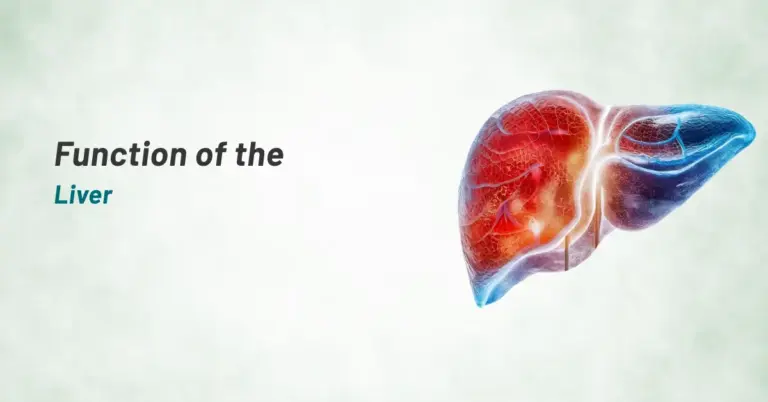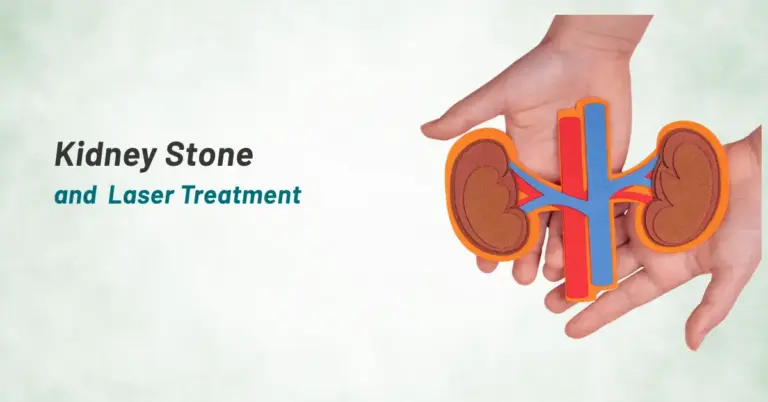Renal transplantation is a surgical procedure in which a healthy kidney is transplanted from a donor into a patient with end-stage renal disease.
What to Expect Before a Renal Transplant Surgery
If you are suffering from end-stage renal disease and have been recommended for a renal transplant, the evaluation process is a crucial step to determine whether you are a suitable candidate for this procedure. Here’s what you can expect during the evaluation process:
1) Medical History and Physical Exam: Your healthcare provider will review your medical history and perform a physical exam to assess your overall health and suitability for renal transplantation surgery.
2) Blood Tests: You will undergo several blood tests to evaluate your blood type, antibody levels, and overall health status. This will help to identify any underlying conditions that may affect your transplant eligibility.
3) Imaging Tests: You may be required to undergo imaging tests such as an ultrasound, CT scan, or MRI to assess your kidney function and identify any abnormalities that may affect your eligibility for renal transplantation.
4) Psychological Evaluation: A psychologist or psychiatrist may evaluate you to determine your mental health status and ensure that you are emotionally prepared to undergo the transplant procedure and the recovery process.
5) Pre-Transplant Education: You will receive extensive education on the renal transplant procedure, post-operative care, and the risks and benefits associated with renal transplantation. You will also be required to follow certain lifestyle changes such as quitting smoking, maintaining a healthy diet, and exercising regularly.
The Role of Immunosuppressant Medications in Renal Transplantation
When a foreign organ is transplanted into the body, the immune system recognizes it as foreign and tries to attack and destroy it. Immunosuppressant medications are an essential part of post-transplant care, as they help to prevent the rejection of the transplanted kidney by the recipient’s immune system.
Immunosuppressive medications are prescribed to dampen the immune response and prevent the body from rejecting the transplanted organ. There are several types of immunosuppressive medications used in renal transplantation, including Calcineurin inhibitors (CNI), Antiproliferative agents, and Corticosteroids.
Living with a Renal Transplant: Common Complications and How to Manage Them
Living with a renal transplant can improve a person’s quality of life significantly, but it is not without its challenges. Patients with renal transplants may experience several complications that require proper management to ensure long-term success. Here are some common complications and how to manage them:
1) Rejection: The body’s immune system can recognize the transplanted kidney as foreign and attack it, leading to renal transplant rejection. Symptoms may include fever, swelling, and decreased urine output. Immunosuppressive medications are used to prevent rejection, and regular monitoring of kidney function is essential.
2) Infections: Patients with renal transplants are at an increased risk of developing infections due to the use of immunosuppressive medications. Common infections include urinary tract infections, respiratory infections, and viral infections. Proper hand hygiene and avoidance of contact with sick individuals are recommended. Vaccinations may also be necessary.
3) Diabetes: Patients with renal transplants are at an increased risk of developing diabetes due to the use of immunosuppressive medications. Maintaining a healthy diet, regular exercise, and monitoring blood sugar levels regularly can help manage diabetes.
4) High blood pressure: High blood pressure is a common complication after a renal transplant. Medications to control blood pressure may be necessary, and lifestyle modifications such as regular exercise, maintaining a healthy diet, and limiting salt intake may also help.
5) Bone thinning: Patients with renal transplants are at an increased risk of developing bone thinning due to the use of immunosuppressive medications. Calcium and vitamin D supplements, regular exercise, and medications to improve bone density may be necessary.
6) Cancer: Patients with renal transplants are at an increased risk of developing certain types of cancer due to the use of immunosuppressive medications. Regular screening for skin cancer, lymphoma, and other cancers is recommended.
Financial Aspects of Renal Transplantation: Insurance and Assistance
Renal transplantation is a major medical procedure that can be expensive, and navigating the financial aspects of it can be challenging. Here are some key points to keep in mind:
1) Insurance: Most insurance plans cover renal transplantation, but it is important to check with your insurance provider to understand your coverage.
2) Costs: The cost of renal transplantation can vary depending on several factors, including the type of transplant, the hospital, and the length of hospital stay. Other costs include pre-transplant evaluations, follow-up care, and medications. Some transplant centers may offer financial assistance or have financial coordinators who can help you understand the costs and explore options for funding.
Smooth Recovery: Lifestyle Changes and Self-Care Tips After a Renal Transplant
Recovery after a renal transplant requires a commitment to making lifestyle changes and practicing self-care.
1) Follow the medication regimen: It is important to take these medications exactly as prescribed, even if you feel well.
2) Adopt a healthy diet: A healthy diet can help support the healing process and reduce the risk of complications. A diet that is low in salt, fat, and cholesterol and high in fruits, vegetables, and whole grains is recommended.
3) Exercise regularly: Regular exercise can help improve overall health and reduce the risk of complications. Consult with your healthcare provider to determine a safe exercise regimen based on your individual needs.
4) Avoid exposure to germs: After a renal transplant, the immune system is weakened, making it more susceptible to infections. It is important to avoid contact with sick individuals and practice good hand hygiene.
5) Practice stress reduction techniques: Stress can have a negative impact on health and well-being. Practicing stress reduction techniques such as meditation, deep breathing, and yoga can help reduce stress and promote relaxation.
It is important for patients with renal transplants to work closely with their healthcare providers to manage any complications and maintain optimal kidney function. Regular monitoring of kidney function, adherence to medication regimens, and lifestyle modifications can help improve outcomes and reduce the risk of complications.














